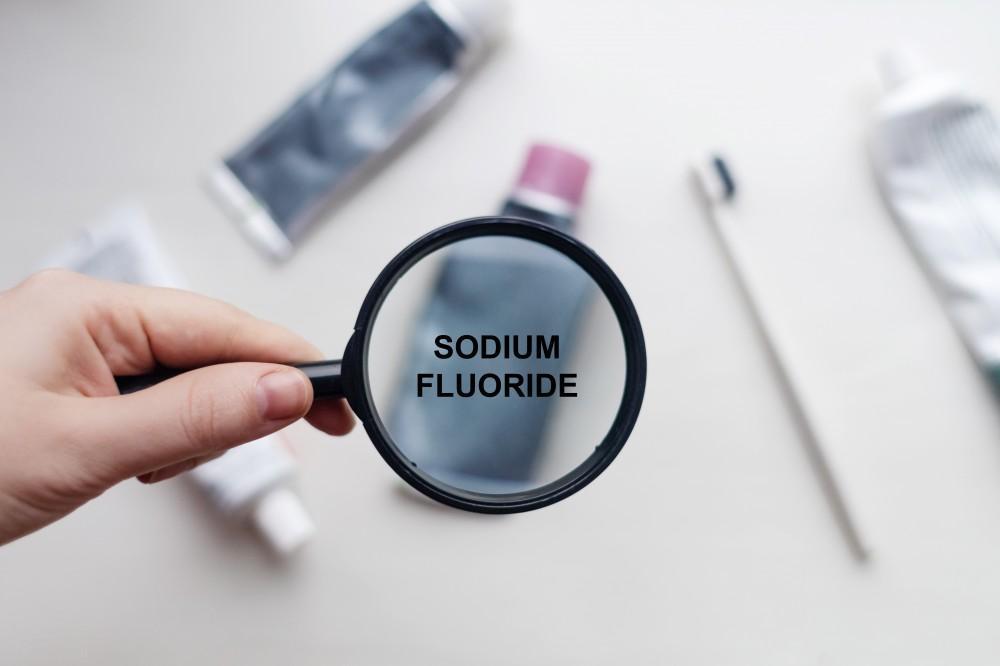
Why Do Teeth Lose Their Whiteness With Age?

Have you noticed a gradual dulling of your smile as the years have gone by, but you remember clearly when it used to be bright and white? Don’t worry — even though it isn’t fun to see yellowing and other types of discoloration on your teeth, it’s normal as people age.
But why — especially if you’re good about your oral hygiene and brush and floss regularly?
We’ll get into the reasons your teeth become discolored over time, but rest assured that the talented dental team at Expressions in Dentistry can make your teeth white again and make your smile dazzle.
In addition to offering routine dental exams, procedures that demand a high level of expertise like dental implants, and innovative services like sedation dentistry, we provide safe, comfortable, and effective treatment for discolored teeth.
What’s the link between aging and tooth discoloration?
The primary reason your teeth lose that longed-for luster and pearly tone as you age is wear and tear, in a sense. As time elapses, your tooth enamel — the protective covering on your teeth that shields your dentin and pulp — thins and weakens.
Dentin is the middle layer of your tooth, comprises most of the tooth, and gives it most of its color. You might be surprised to learn that your enamel is pretty much transparent. Beneath your dentin is your pulp, the part of your tooth that’s alive, thanks to blood vessels and nerves.
Your tooth enamel is actually the hardest substance in your body — even harder than your bones!
Despite that, as time elapses, this thinning of your enamel reveals the dentin below, which has a yellowish tinge to it.
Combine this with decades of eating and drinking foods and beverages with intense hues (think tomato sauce, red wine, coffee and tea, berries, and dark colas) that are known to stain your teeth, and you have a recipe for, well, teeth that aren’t the whitest.
Additionally, if you were or are a smoker, that habit stains your teeth as well. Having whiter teeth is just one of dozens of reasons to quit tobacco, and the others are more than vanity-related, which include lowering your risk for serious conditions like heart disease and cancer.
Is there a way to make your discolored teeth whiter, like when you were younger?
Fortunately, the Expressions in Dentistry team can provide a safe and effective treatment to restore the whiteness to your teeth you remember from decades past.
We adopted the KöR® in-office teeth whitening treatment platform, which is a state-of-the art method of whitening smiles that has proven to be incredibly popular with our patients.
KöR is a gel whitening treatment that is administered at our office, with consistently spectacular results. Patients cite multiple benefits, including:
- Treatment is comfortable.
- Appointments aren’t lengthy and can be complemented by at-home treatment.
- The system includes a solution for patients who experience sensitivity.
- Results are permanent.
- Post-treatment look is bright but completely natural.
KöR whitening treatment is revolutionary, as the gel’s integrity is preserved via continuous refrigeration, ensuring its stability. No wonder KöR is preferred here — its reputation for being the most reliable and effective whitening treatment is proven again and again at Expressions in Dentistry.
Contact our office at 916-983-6767 to make an appointment to learn more about KöR teeth whitening treatment, or book one online.
You Might Also Enjoy...


When Is a Toothache an Emergency?
Why Are My Teeth Turning Yellow With Good Dental Hygiene?

Will I Need a Crown After My Root Canal Treatment?

Got Gingivitis? Take These Early Steps to Reverse Gum Disease

